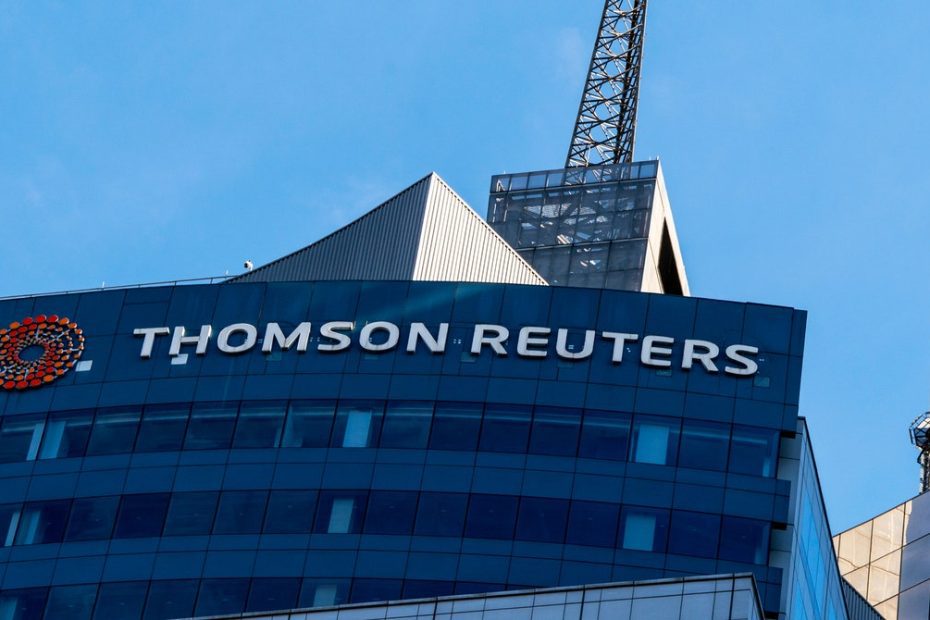Thomson Reuters has won the first major AI authentic court in the United States.
In 2020, the conglomerate of the media and technology submitted an unprecedented AI authentic lawsuit against the legal AI startup Ross Intelligence. In the complaint, Thomson Reuters claimed that the AI company had reproduced material from his legal research agency Westlaw. Today, a judge ruled in favor of Thomson Reuters and discovered that the copyright of the company was indeed violated by the actions of Ross Intelligence.
“None of the possible defenses of Ross contains water. I reject them all, “wrote the American court of Delaware Stephanos Bibas in summary proceedings.
Thomson Reuters and Ross Intelligence did not respond immediately to requests for comments.
The generative AI Boom has led to a wave of extra legal fights on how AI companies can use copyright protected material, because many large AI tools have been developed by training on copyrighted works, including books, films, visual artworks and websites. At the moment there are a few dozen lawsuits that are currently winding through the American legal system, as well as international challenges in China, Canada, the UK and other countries.
Judge Bibas in particular ruled in favor of Thomson Reuters on the issue of reasonable use. The doctrine of reasonable use is an important part of how AI companies try to defend themselves against claims that they used copyright protected material. The idea that underlies reasonable use is that it is sometimes legally permitted to use copyrighted works without permission – for example to create parody works, or in non -commercial research or news production. When determining whether the reasonable use applies, courts use a four-factor test, looking at the reason behind the work, the nature of the work (whether it is poetry, non-fiction, private letters, etc.), the amount of copyright activities used and how use influences the market value of the original. Thomson Reuters prevailed on two of the four factors, but Bibas described the fourth as the most important, and ruled that Ross was intended to compete with Westlaw by developing a market replacement. “
Thomson Reuters spokesperson Jeffrey McCoy welcomed the statement in a statement e -mailed to Wired. “We are pleased that the court has given a brief judgment in our favor and concluded that the editorial content of Westlaw created and maintained by our lawyer editors, is protected by copyright and cannot be used without our permission,” he wrote. “Copying our content was not” reasonable use. “
Even before this ruling, Ross Intelligence had already felt the impact of the court fight: the startup was closed in 2021, with reference to the costs of court cases. Many of the AI companies, on the other hand, are still in court, such as OpenAi and Google, are financially equipped with long -term legal fights.
Yet this statement is a blow to AI companies, according to the professor of digital and internet law of Cornell University James Grimmelmann: “If this decision is followed elsewhere, it is really bad for the generative AI companies.” Grimmelmann believes that Bibas' judgment suggests that much of the case law that quoting generative AI companies to claim that reasonable use is' irrelevant '.
Chris Mammen, a partner at Womble Bond Dickinson who focuses on intellectual property law, agrees that this will complicate the arguments of the fair use of AI companies, although it can vary from the plaintiff to the plaintiff. “It does not apply a finger on the scale in the direction of holding that reasonable use,” he says.
Update 2/11/25 5:09 et: This story has been updated to record extra comments from Thomson Reuters.

